‘It was like I became Kim Jong-un’: Aleksander Ceferin on Uefa, Super Leagues and Saudi cash
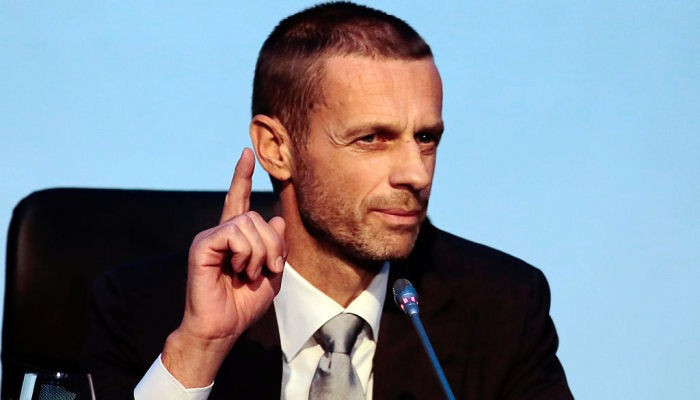 leksander Ceferin is sitting in front of a wall adorned with framed Champions League final programmes. Through the huge glass window at the end of the room, Lake Geneva ripples calmly; the peak of Mont Blanc is visible, more than 50 miles away, now the morning clouds have cleared. Uefa’s headquarters are a vision of heaven on days like this, but the reality has not always been so blessed for its president. During his seven years in charge Ceferin has had to face up to Covid‑19, geopolitical turmoil and serious failings in Uefa’s handling of major finals. At the same time, European football battles to hold a coherent line when faced by growing threats to the status quo and an influx of multibillion investment that is wrecking the sport’s competitive balance. When you were elected in September 2016, you had been cast as the change candidate for Uefa. How do you feel the organisation has changed in the seven years since then and have you changed personally? I would say Uefa, from some points of view, changed for the better. I hope and believe I didn’t change much as a person. My friends are still my friends and I’m just very, very tired. If somebody had asked me when I was 20: “Do you want to be Uefa president?” I would have said: “How much do I have to pay?” Now I’m well paid for it, but there’s a lot of stress too. You’re scrutinised constantly, often about stupid things, but you have to adapt. European football is changing all the time. From one perspective football is a sport; from another it is so much more than that. But we have better protection from our community than other sports. Money, or people who think they can buy everything, bought practically every sport except football. That’s because of our fans, our culture, our history. Football is by far Europe’s best product. The economy is going out of Europe but football stays here. We don’t want to be resistant to change, but we want to protect it as well. You can’t just buy a club and do whatever you want and then play in our competitions and pretend everything is fine. We have mechanisms to safeguard the system and we’re trying to do our best. Euro 2024 will be the first “normal” men’s Euros since 2016. Will it feel like a timely good news story for the continent? I’m really looking forward to it. The venues are close and the Germans are good co-organisers. We had at least four years of continuous crisis. The last Euros was not a proper one: it was in 11 countries, during Covid times, with restricted travel. Uefa hadn’t had as many crises in 60 years as in the last four: maybe 5% of that. So I’ve not been very lucky on that front, but we’ve navigated it quite well and are in good shape. Boban’s departure has caused shock waves around Uefa. Why do you consider the statute changes, which could keep you in post until 2031 if you run for office again, to be necessary? His departure hasn’t caused any significant disruptions, let alone shock waves, within Uefa or the European football community, even if it was unexpected. We will discuss this matter further when the appropriate time comes, probably after our congress [on 8 February in Paris, when the changes may be approved]. |
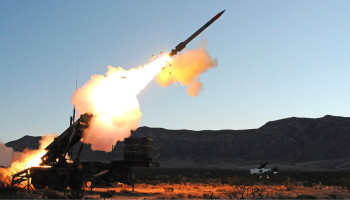
Ukraine asks US for anti-ICBM weapons — media
458Yesterday, 19:36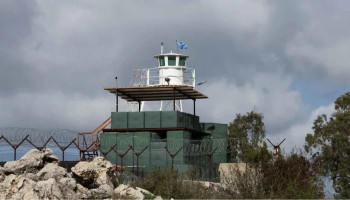
4 Italian peacekeepers injured in rocket attack on UNIFIL base in southern Lebanon
485Yesterday, 19:06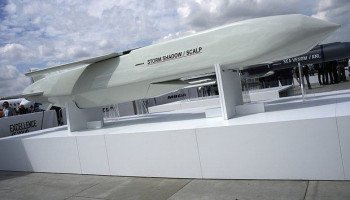
The Times learned about the US permission for Storm Shadow strikes deep into the Russian Federation
68620.11.2024, 17:48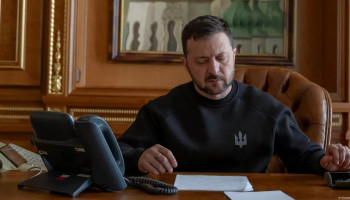
Zelensky: Without US support, Ukraine may lose the war
71720.11.2024, 11:00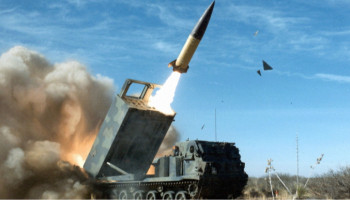
Ukraine hits Russia with US ATACMS missiles for first time on war's 1,000th day (photo)
76320.11.2024, 00:18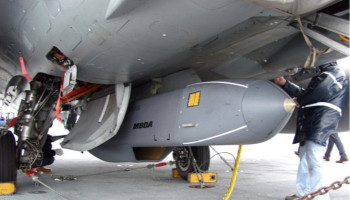
UK could be low on Storm Shadow missiles for Kiev – The Times
104017.11.2024, 21:00
